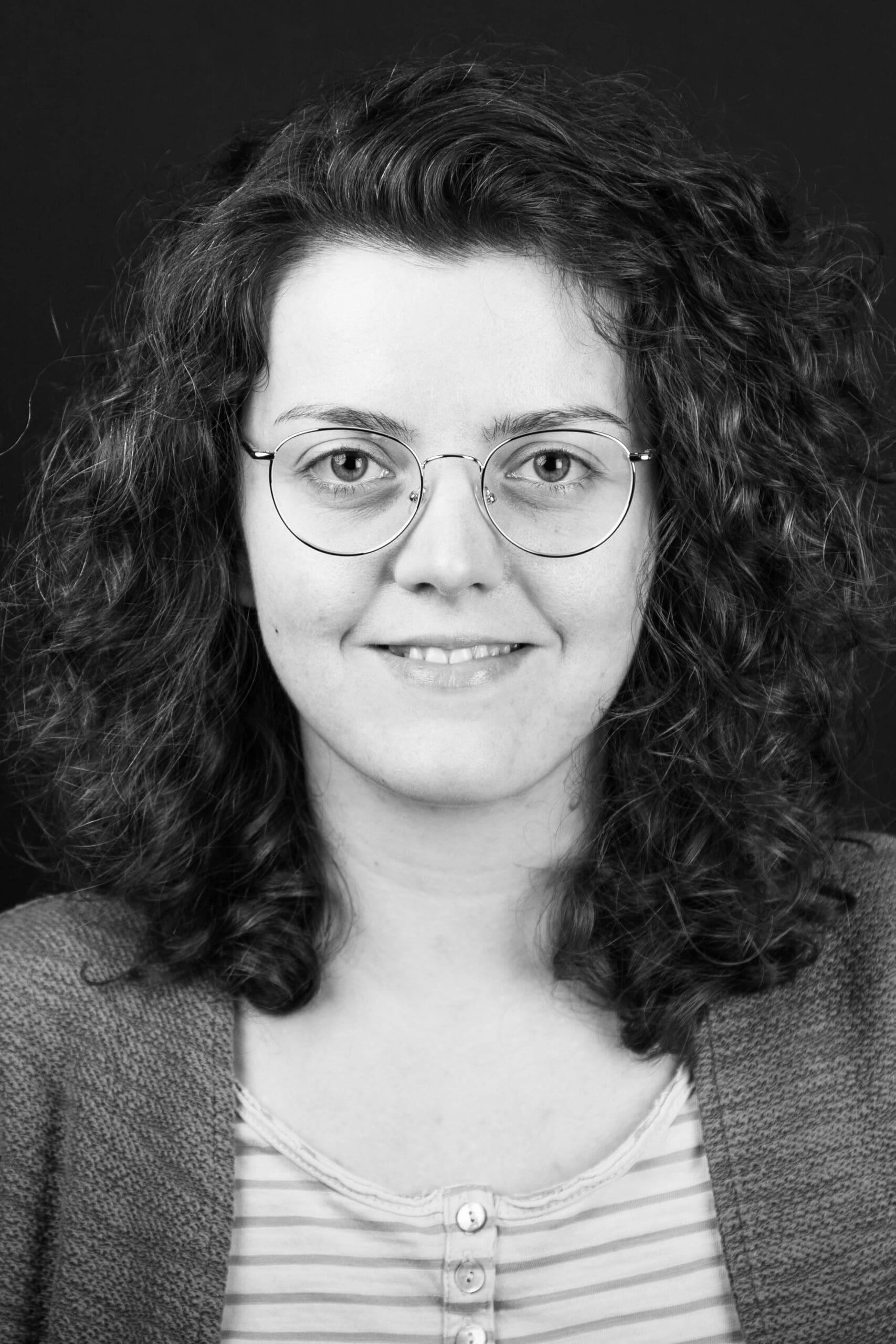International Day of Women and Girls in Science
News
Why we need (more) female scientists at VSL
This year, February 11th marks the 8th International Day of Women and Girls in Science. At VSL, we acknowledge and support the great importance of having women in scientific positions. And although progress has been made in increasing women’s participation in technical education and business, a significant gender gap continues to persist at levels of science, technology, engineering and mathematics disciplines all over the world.
And yet a diverse workforce has indispensable benefits in these sectors. In general, diversity leads to having critical thinkers in your organisation with different views and perspectives on key issues or approaches. In the world of science, this is crucial. After all, different ideas, questions and methods contribute to more complete solutions.
Currently we have 24 outstanding female scientists working at VSL. We asked 7 of them to share their passion for science, showcase their impressive careers paths, and give some insight into their field of expertise.
Annarita Baldan, chief scientist
When I was young my parents and teachers of mathematics and electrical measurements, opened my mind to science. Since then, the way to a scientific career was a straightforward choice and I decided I would be a researcher. But a researcher of what?
I chose a masters in pharmaceutical chemistry and technology with the objective to research and develop new drugs to defeat cancer.
Life is full of surprises, though, which brought me to work at the EC Joint Research Center – a great hub of young European scientists. Here I focused my research on air pollution monitoring and then moved to the Netherlands to work at VSL as a researcher in metrology for gas analysis with applications covering climate, environment and energy measurements.
My current role at VSL is to initiate new research activities where metrology is needed. Take for example the need for novel methods to accurately determine the quality of hydrogen, the most promising renewable fuel of the near future. But, above all, I see myself as a communicator of the importance of reliable measurements and how strong their impact is on our everyday life.
I love my work!
As a woman and scientist, I wish all women and girls interested in a career in chemistry or in any other scientific or technical discipline, to believe in themselves and to follow their dreams with passion and perseverance.
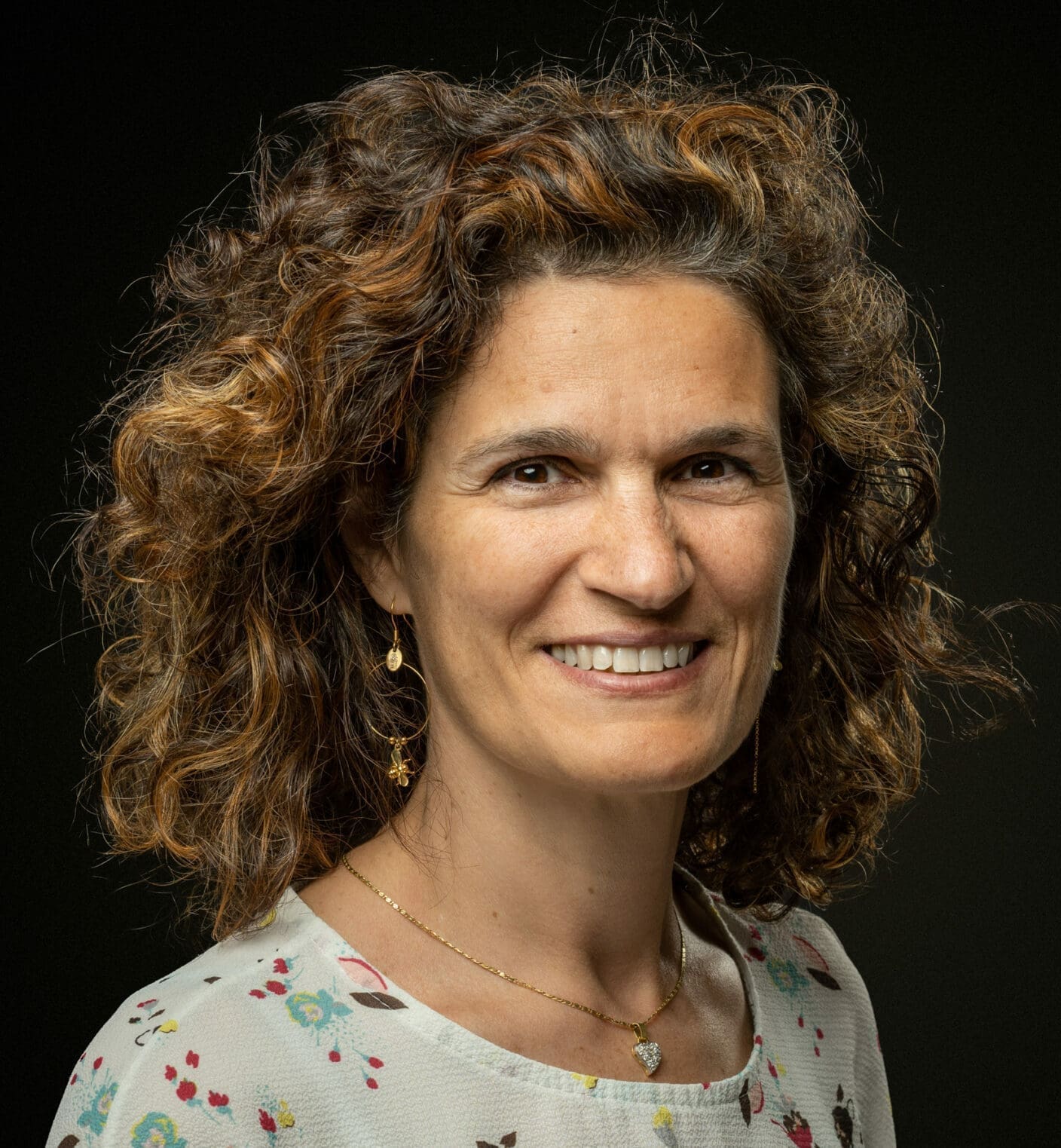
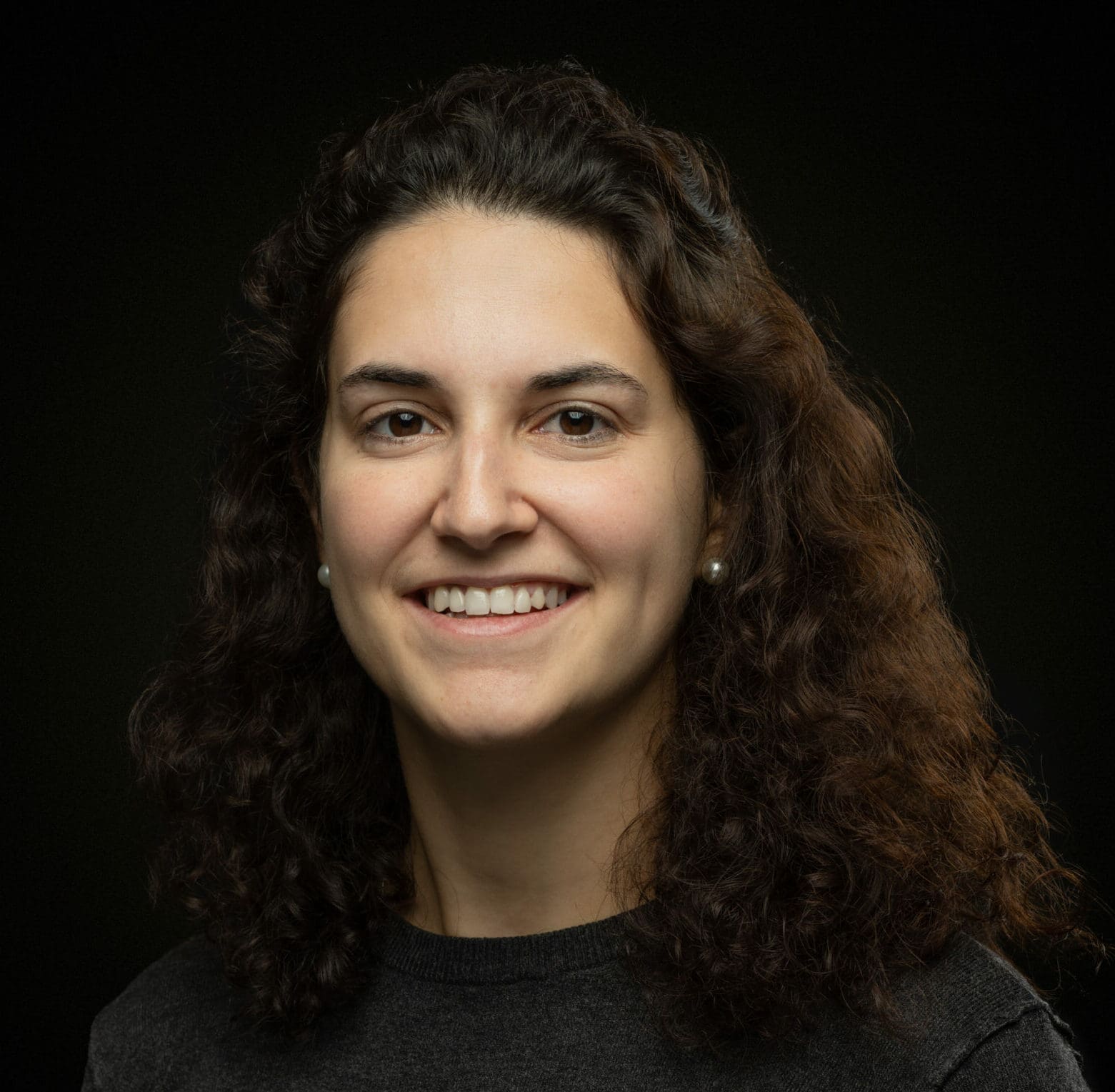
Grazia Brazzorotto, allround metrologist length & optics
I decided to study physics at first, because I was interested in better understanding the universe and things around me. At the beginning my goal was to have a master’s in Astrophysics, but during university I changed my mind and I decided to study more “earthly” subjects that could also help other people. Indeed, I decided to do a master’s in Biomedical Physics.
Here at VSL I do research in the field I studied for (which is ionizing radiation), but last year I also started to work as a metrologist for length and optics standards. My work for the length and optics department consists mainly of performing calibrations of various instruments – such as lasers, distance meters, optical filters – for customers.
I enjoy my work, especially collaborating with other scientists and finding innovative solutions to problems. I never get bored of learning new things because every instrument is somehow different.
When I think I am doing something important for the community around me and for my customers, this idea keeps me motivated. Especially when a task is particularly challenging.
I hope that more and more women will feel inspired to join the scientific community, without fear of being inadequate. We can all give our own contribution to science.
Iris de Krom, principal scientist chemistry
During my masters in Chemistry I liked to perform research and become an expert on a certain topic. Therefore I continued with a PhD in which I developed new molecules/compounds with light absorbing or emitting properties for potential use in solar cells or as catalysts in light driven reactions. This was very fundamental research
and I missed the connection with end users. Therefore I switched from an academic career to a career in industry. I found a job at VSL and currently work here as a scientist in the chemistry group for almost 7 years.
Most of my time I spend as a coordinator of two European research projects:
SI-Hg (www.si-hg.eu)
In the SI-Hg project we are developing methods for the accurate measurement of mercury (Hg) in air. Mercury is released during the burning of fossil fuels and waste, which leads to global mercury pollution. Inhalation of mercury vapour can lead to harmful effects on the nervous system. Therefore, it is very important to determine the emission of mercury from industry. The methods developed in the SI-Hg project will help to improve the quality and comparability of mercury measurement results worldwide.
MetCCUS (www.metccus.eu)
MetCCUS is a research project that just started at VSL. The European Green Deal set a target to reduce greenhouse gas emissions by 55 % by 2030 and to become carbon neutral by 2050. Carbon dioxide (CO2) is the primary greenhouse gas emitted from fuel combustion and industry. Carbon Capture, Utilisation and Storage (CCUS) can provide a key solution to decrease these CO2 emissions. In the MetCCUS project we are developing measurement methods and reference materials for CO2 to help industry meet the European Green Deal targets.
In these projects, VSL collaborates with other institutes and companies in Europe. As a coordinator I represent the project and present the project results at relevant conferences and committees. I talk with collaborators and end users to determine new research needs. Furthermore, I guide my colleagues, as well as interns, working on the projects. These various tasks make my day-to-day job diverse and exciting and that is why I love to be a scientist at VSL.
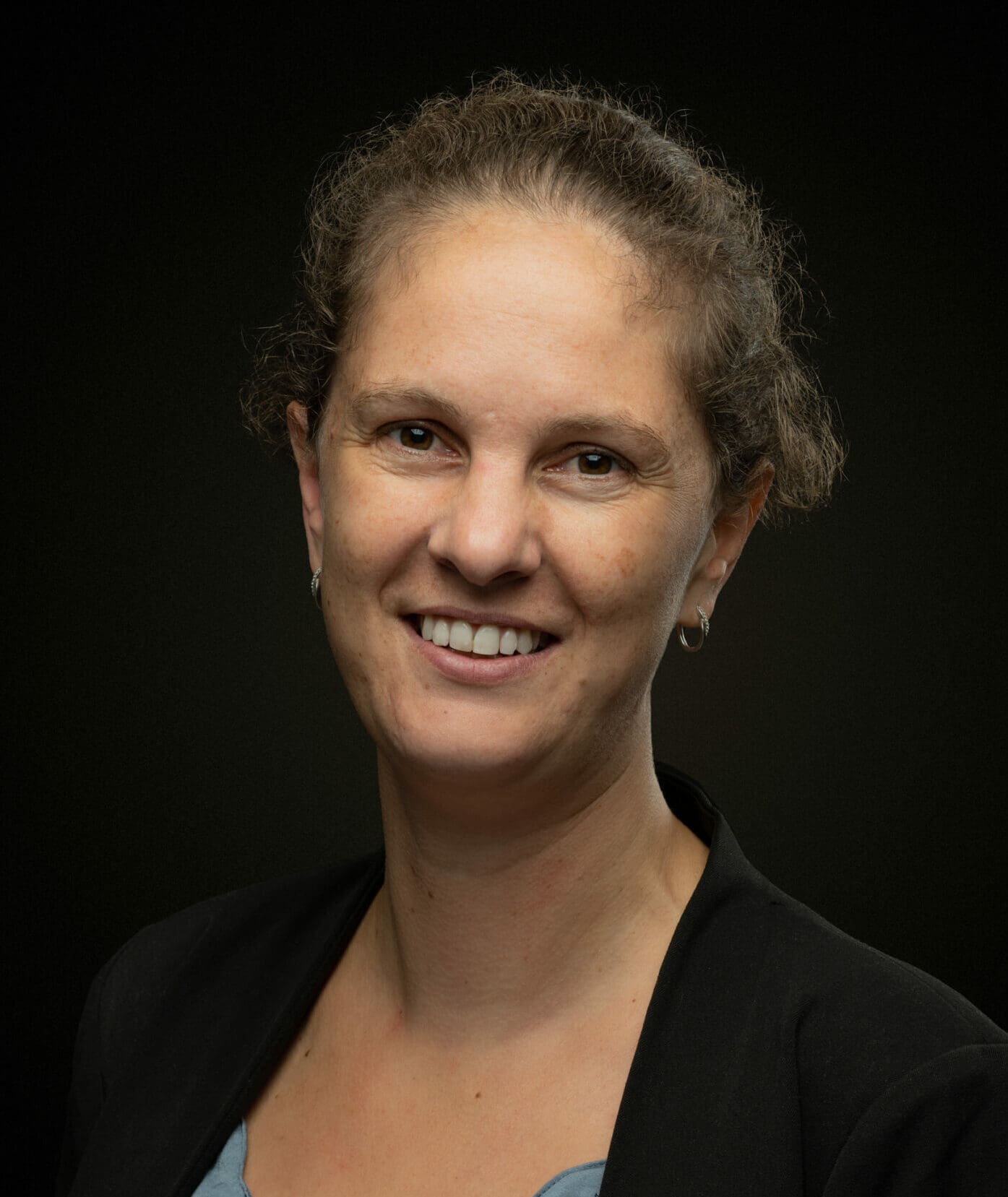
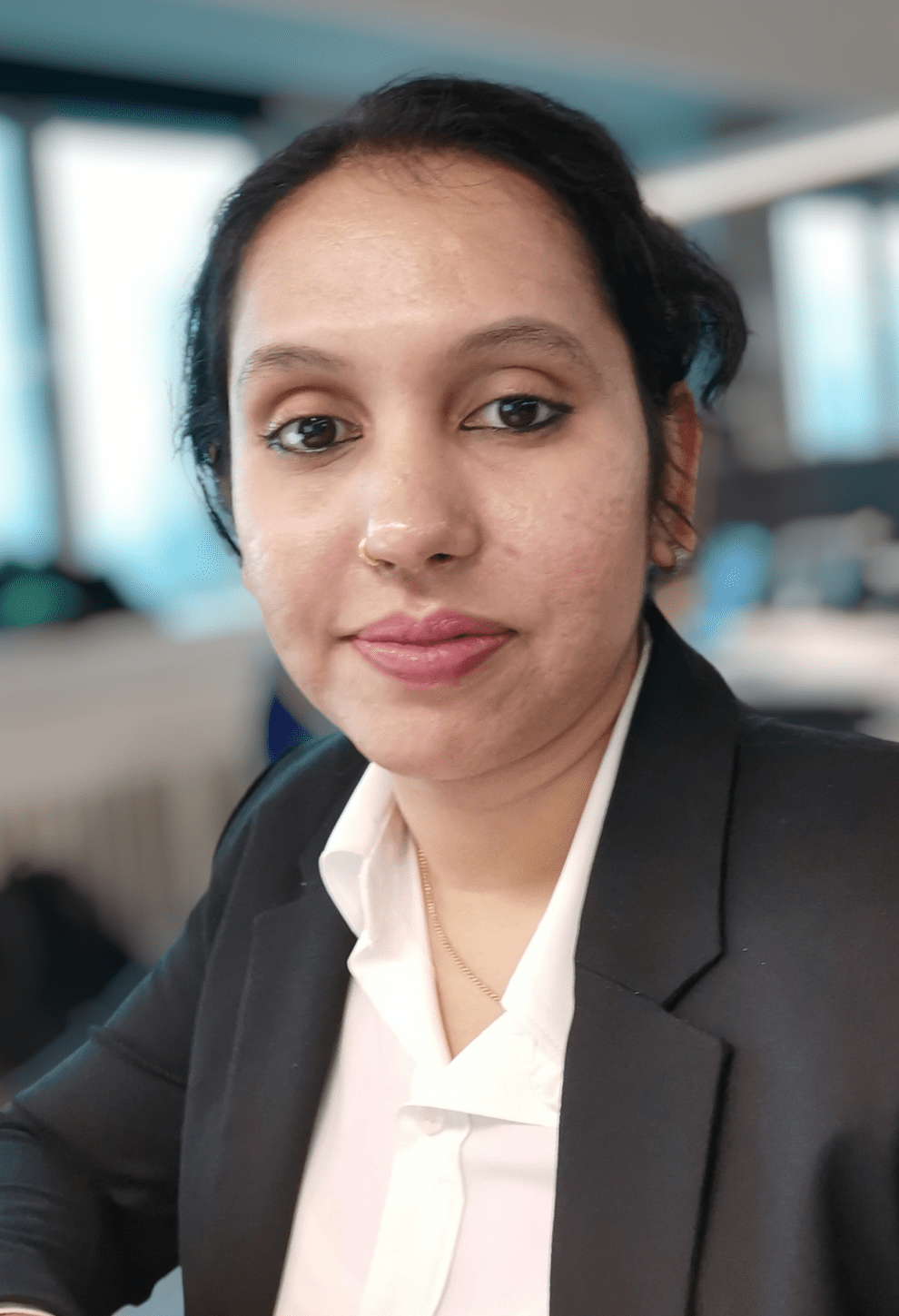
Devika Poduval, electrical engineer
From a young age, I was passionate about maths and physics and always adored challenges where I could display my problem-solving skills. This is the very reason I chose to study engineering. After graduating from the Delft University of Technology with a master’s in Electrical Power Engineering, I joined VSL in 2021 to work as a scientist in the electricity department.
At VSL, I am primarily involved in calibration projects for the facility’s high voltage, high frequency and power quality domains. Any project involving electricity demands the utmost rigor, accuracy and precision; hence, a career in electrical engineering allows you to solve problems and design things while nurturing qualities of accuracy and precision. At its very essence, engineering is all about discovering smart solutions to complex problems.
So I couldn’t be happier with my choice, since being an engineer, every day at work is a daily learning, problem-solving and inventive process. Especially in the electrical industry only a few women are present and visible. However, I am visible in performing a purposeful job amidst my opposite-gender peers. This inspires me to work harder as I firmly believe that ‘women are driven by purpose’.
Noor Abdulhussain, chemistry scientist
As a kid I was always interested in chemistry and enjoyed the experiments we were doing during high school. It made me curious to know more. I decided to study chemistry and over the years I specialised in analytical chemistry.
I can say that analytical chemistry plays a key role in monitoring the quality and safety of our air, food and water – everything in our environment. I enjoyed using various analytical techniques and understand the black box that has been used in various applications I worked in.
This has led me to work in the world of gas analysis at VSL. It is a place where I can contribute to the metrology of gas analysis within the fields of climate change and environment. Furthermore, it is a place where I can contribute within various disciplines while being in a diverse environment of inspiring people – more specifically, inspiring women driven by passion.
For the young girls and women that would like to pursue a career in science. I would like to say that discovering your passion and purpose by exploring your interest and breaking down barriers will bring you further to achieve your goals and make a meaningful impact in any field!
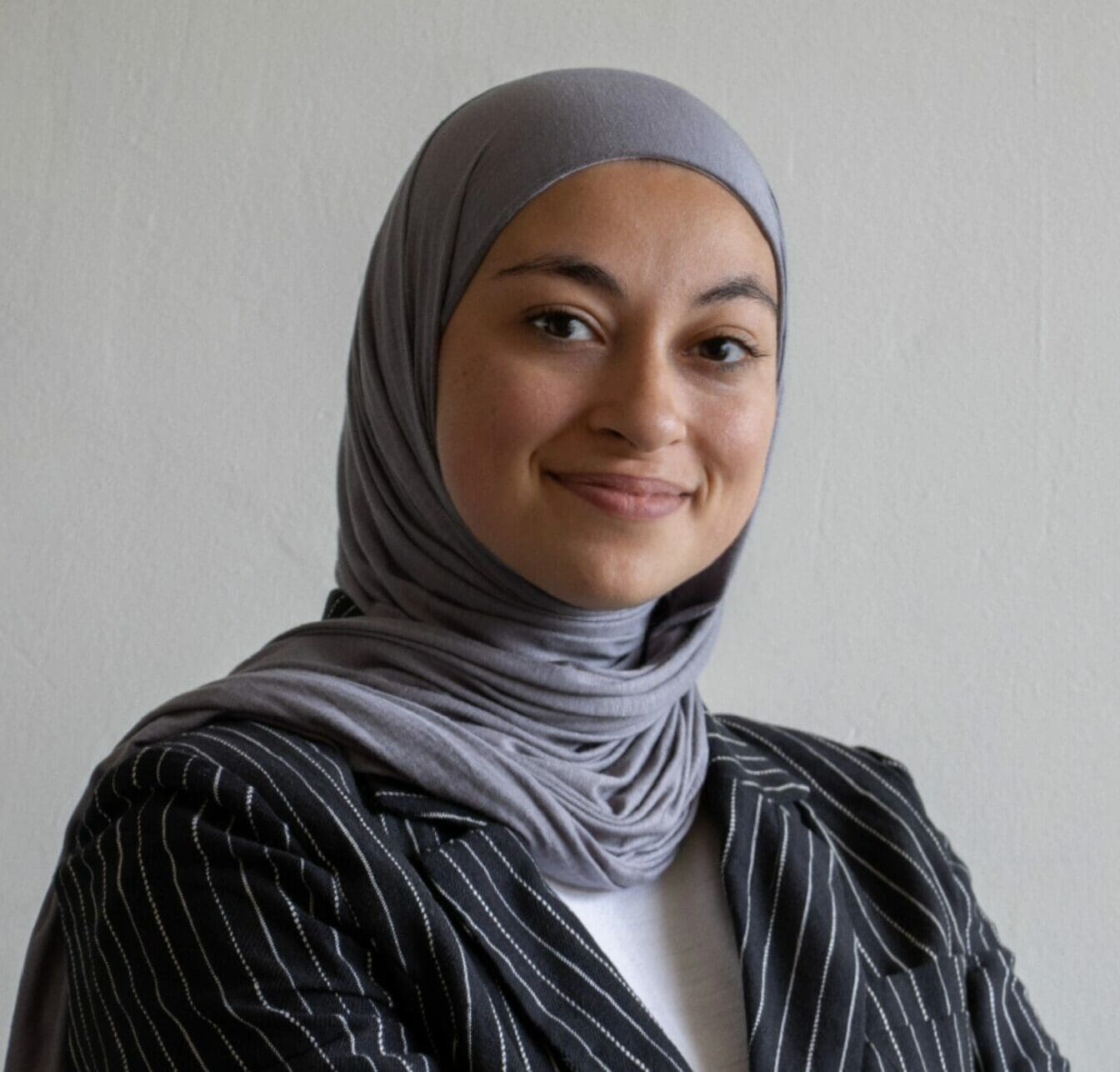
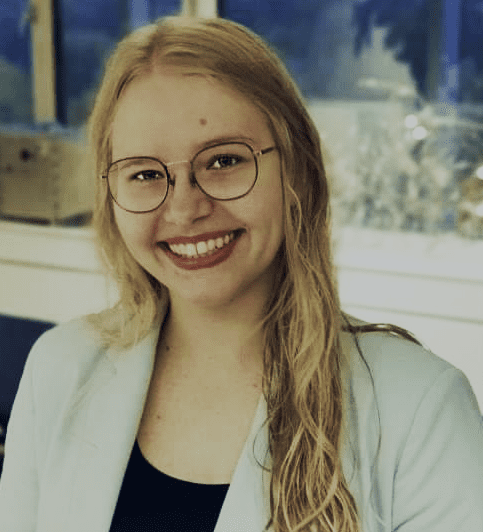
Martine Kuiper, PhD candidate
Before graduating high school and choosing where to study, I always wondered: “How can I work on healthcare and help people without becoming a doctor?”. Because my favourite courses were about biology, chemistry and physics, and I didn’t want to exclude any of them, I went to study Biomedical Engineering at the University of Twente. Combining biology with both chemistry and physics, as well as maths was something I really enjoyed. The smaller the particles present in the human body, the more interesting I found the course.
After my studies I started working on a combined PhD, both here at VSL as well as in the Amsterdam UMC on the area of extracellular vesicles. Extracellular vesicles are nanoparticles released by each cell in the human body, and thus present in all body fluids. Since every type of cell secretes different extracellular vesicles, they have a potential to become a biomarker for non-invasive, early detection of diseases such as cancer or thrombosis.
However, before extracellular vesicles can be used as a biomarker in the clinic, it is important that each laboratory and each machine measure similar results. Therefore, I am developing setups to improve the detection of these particles. One of my setups will be able to calibrate the reference materials used for calibration of clinical instruments, meaning that I am building the next step towards clinical extracellular vesicle measurements. For the development of my setups, a broad spectrum of knowledge was needed, such as knowledge on lasers, fluidics, programming and chemistry, making my broad scientific background an asset.
Eventually, my research contribution can result in the use of cell-specific extracellular vesicle concentrations as biomarkers, making early detection and monitoring of a broad spectrum of diseases both faster and non-invasive.
Federica Gugole, data scientist
I always enjoyed mathematics because it is logical and extremely versatile. It got me to work on very different topics such as climate modeling, exit strategies for COVID-19 and metrology. How is that even possible?
Well, it is very simple actually. It is all due to curiosity. That is how I found out how I could contribute to the bigger problem by solving a tiny part of it (and by opening up new questions). It did not matter if I was trying to predict how the current climate will change, or what the best strategy is to go back to a ‘normal’ life after a lockdown; the key is understanding the problem and formulating the right questions.
This is where diversity plays a great role. With respect to other male colleagues, as a female I would generally have a different perspective. This would lead me to ask different questions and ultimately contribute to a more complete solution. This is fundamental in my current role at VSL where I collaborate with colleagues from different departments, such as chemistry and flow, to improve the state of the art with multidisciplinary approaches.
The accuracy of the measurement does not depend solely on what you do in the lab, but also on how you put together the information enclosed in the collected data. And that’s where I can help metrologists to understand how measurement accuracy could be improved and to obtain more accurate uncertainty estimates.
